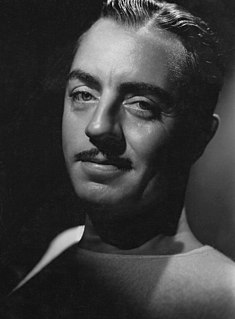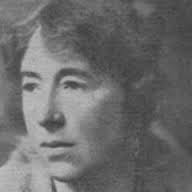A Quote by Michael Korda
I'd fought in the Hungarian Revolution in 1956, having left Oxford to do so.
Related Quotes
I was born in Budapest, Hungary, and moved to the United States in 1956. It was during the Hungarian Revolution when Russian tanks rolled into Budapest, and my family - me, my brother, and my parents - escaped over the border to Austria. We just took whatever we could carry. It was perilous, but we made it across.
I was at this dinner for Rhodes Scholars. And we were in the Rhodes mansion, which is this fancy mansion on the Oxford campus. And I remember I looked up in the rotunda, and I saw that etched into the marble were the names of Rhodes Scholars who had left Oxford, and had fought and died in World War II.
One of my proudest achievements is that when an authoritative book about Hungarian literature came out about a decade ago, there was a little article about me which said I was a Hungarian writer but pretending not to be. Bearing in mind I can hardly write a cheque in Hungarian, I was delighted to be included in the pantheon of Hungarian writers.
It has become increasingly clear that Hungarian authorities are encouraging the whitewashing of tragic and criminal episodes in Hungary's past, namely the wartime Hungarian governments' involvement in the deportation and murder of hundreds of thousands of its Jewish citizens. I found it outrageous that the Speaker of the Hungarian National Assembly could participate in a ceremony honoring a Hungarian fascist ideologue
I am convinced that there is little force left in the Marxist stimulus to revolution. Its impetus is petering out as the practical failures of the doctrine become more obvious...What is left is a technique of subversion and a collection of catch-phrases. The former is still dangerous. Like terrorism, it is a menace that needs to be fought whenever it occurs.
In the very first debate I was asked am I a moderate or a progressive and I said I'm a progressive who likes to get things done. Cherry picking a quote here or there doesn't change my record of having fought for racial justice, having fought for kids rights, having fought the kind of inequities that fueled my interest in service in the first place going back to my days in the Children's Defense Fund.
In the exodus out of Iraq, we're seeing the effects of just leaving. We left before there was control of chemical weapons stockpiles, without a status-of-forces agreement. We left before the Sunni and Kurds we fought with and fought alongside with were stable, or without empowering them. We left on a political rhetoric.
I'm working on a novel about a girl who grows up in the circus and her relationship with her father, who grew up in Hungary when it was under Soviet control and left during the 1956 revolution. It is told from both of their perspectives, and has been a joy (and very frustrating) to research and write. Needless to say, I am very excited about my next project!






































